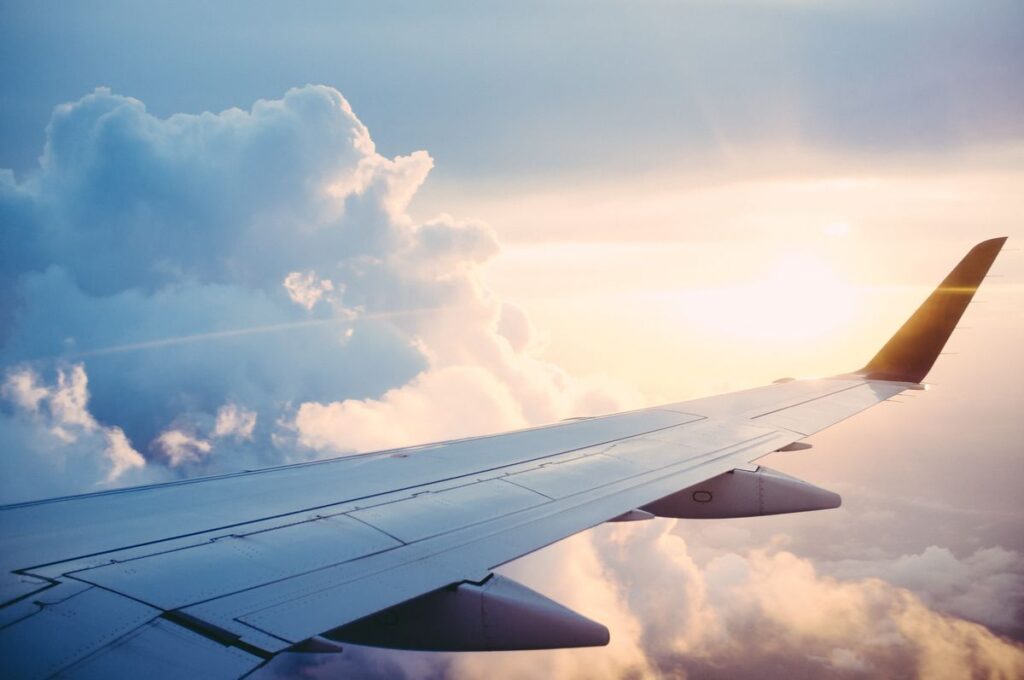
A new report is highlighting the significant impact that ongoing economic uncertainty in the United States is having on airlines nationwide.
According to PhocusWright’s U.S. Airlines Market Essentials 2025 report, U.S. carriers are projected to gain just 1% in passenger revenue for 2025. The slim revenue margin is a result of declining demand from both leisure and business travelers.
“The anticipation of an off-year comes from a barrage of negative statistics,” the report states. “Economic concerns due to the impact of tariffs on goods and services have led to the lowest consumer confidence in years in the U.S. This decline was followed by a slowdown in U.S. GDP growth during 1Q25, contracting at an annual rate of 0.3%.”
This year, the Conference Board’s Consumer Expectations Index, a measure that reflects consumers’ collective outlook on income and business conditions, reached its lowest point since 2011. Low consumer confidence has led to weak travel demand, with average ticket prices dropping by 6% year-over-year in March. “The airlines were finally getting back to normal (pre-pandemic) operations before tariffs and other political and economic headwinds sullied consumer demand,” says the report.
As a result, leisure air ticket sales from U.S.-based travel agencies dipped 5% year-over-year in May, according to data from Airlines Reporting Corporation, and business travelers’ trips using corporate agencies decreased by 8% in May.
Major U.S. airlines had been aiming to repeat 2024’s respectable growth rate in 2025, with United, Delta, and American targeting annual gains of 2-4%. However, airlines have one by one struck those previous predictions and downgraded their yearly earnings forecasts or refused to make them altogether due to the high level of uncertainty.
Budget airlines and low-cost carriers appear to have the most challenging road ahead, as cost-conscious travelers stay home and premium-minded passengers continue to fly, opting for perks such as larger seats and more in-flight amenities. “Low-cost airlines are facing their most crucial year to date,” says the report. “Failed merger attempts, bankruptcies, startups and new merger bids are changing the low-cost landscape. Meanwhile, traditional low-cost carriers such as Southwest and JetBlue have made recent moves to look, feel and operate more like legacy airlines in terms of their distribution partners and how they charge for extras.”
JetBlue is leaning into its premium products, expanding flights with Mint business class and adding domestic first-class seating in 2026, while Southwest has infamously ended some of its most popular policies, such as open seating and free checked bags, to increase profitability. Those changes, however, will likely take at least several months to be effective.
For the latest travel news, updates and deals, subscribe to the daily TravelPulse newsletter.

